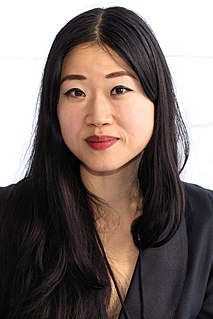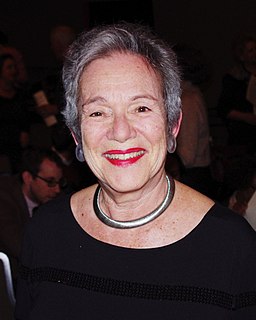A Quote by Mary H.K. Choi
Wikipedia's a collaborative experiment akin to Simon Winchester's account of the creation of the Oxford English Dictionary in 'The Professor and the Madman,' which outlines James Murray's mission to produce the tome in the 19th century.
Related Quotes
In the beginning of the 19th century, maybe forty percent of women and fifty percent of men could produce a signature, which meant that they'd had at least three years of education because it was in third grade that people started penmanship in the 19th century. And of course black people could get killed if they got caught teaching themselves to read in some parts of the country.
There is not one particular moment that can account for the shift from the social issue concerns of 19th-century evangelicals into the state of American evangelicalism today. Some historical moments are telling. The rise of biblical criticism in the 19th century forced evangelicals to make choices about what they believed about the gospel.
It's a historical thing, up to the 19th century the English hated the French. Then in the 20th century the English started to hate the Germans - as we began to move alphabetically through the map of the world. Now, the year 2000, we are fine with the Germans... but the Hungarians are pissing us off.
In the 19th century, the English were loathed. Every memoir that you read of that period, indicates the loathing that everybody felt for the English, the only difference between the English and Americans, in this respect, is the English rather liked being loathed and the Americans apparently dislike it intensely.
I can hardly believe that I even know this, but I am aware that Noah Webster's original dictionary, apart from being the first truly American lexicography, was a kind of line in the sand. It claimed a very discrete, American form of the English language, explicitly to compare it to the English of our erstwhile colonial masters who had been operating under Dr. Johnson's dictionary rules for well over a century.
I was really interested in 20th century communalism and alternative communities, the boom of communes in the 60s and 70s. That led me back to the 19th century. I was shocked to find what I would describe as far more utopian ideas in the 19th century than in the 20th century. Not only were the ideas so extreme, but surprising people were adopting them.



































